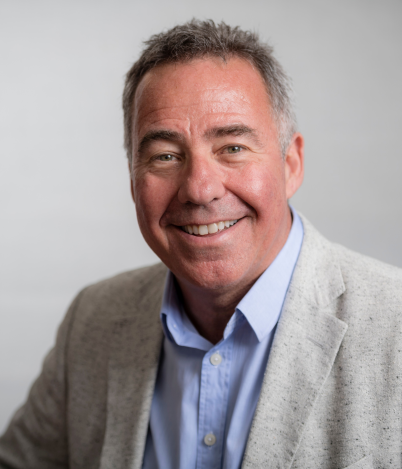Financial stress: is there a better way?
The stress of financial commitment affects many Australians, with the cost of housing ownership or rent, combined with the cost of essential services, food, utilities, transport, health, and education increasingly putting people under significant financial stress.
Combined with relentless marketing and the availability of credit, it is hardly surprising that, despite our position of wealth in the world, we are feeling the strain.
Buying into the consumer culture adds to the stress that runs through from individual, to family, through society and on to the environment. It worth taking a step back from it all and asking; is buying onto this culture making us healthier or happier? Is it sustainable? … and most importantly, is there a better way?
While Australia is one of the wealthiest countries in the world, with an average income that puts that person in the top 0.5 per cent of people in the world, Australians also have some of the highest household debt in the world, reaching almost 200 per cent of disposable income. Seventy per cent of renters and almost 50 per cent of home owners are spending 30 per cent or more of their disposable income on meeting just those commitments. This level of commitment is a common indicator of financial stress.
Increasingly people are also relying on their credit cards to maintain their lifestyle, with four out of five people relying on credit cards to pay bills, while 20 per cent of people using those cards are carrying long term debt of three years or more at interest rates of almost 25 per cent.
During the last 40 years of a market driven economy, including unprecedented access to credit and over consumption individual health has suffered. Some of the biggest selling drugs today deal with the growing problems of depression and anxiety. Mental health, obesity and a long list of preventable diseases are increasingly affecting young and old alike. Environmental degradation of soil, land, air and oceans is another price we are paying for our consumer culture.
According to the Worldwatch Institute, the failure of additional wealth and consumption to help people have satisfying lives is the best argument for re-evaluating our current approach to consumption.
"If the levels of consumption that people in the USA or Australia were replicated across even half of the roughly 9 billion people projected to be on the planet in 2050, the impact on our water supply, air quality, forests, climate, biological diversity, and human health would be severe."
As a sobering reminder of the waste involved in over consumption, according to Environment Victoria,
"Almost 99 percent of everything we buy becomes waste within six weeks of purchase."
Is there a better way?
Research from Deakin University looking at happiness and wellbeing, comes down to three things- - good personal relationships, financial security and a sense of life purpose.
Accordingly, people can have a sense of wellbeing, even on low income, provided they have a sense of control on how they spend their money.
Taking control of finances and managing expectations is the key. When we reflect on the personal and environmental costs of buying into the consumer society, with such a negative return on investment, in terms of personal and environmental health and wellbeing, it would seem that taking control of finances is an important step in managing the impact of financial stress on our health and the health of the planet.
When we explore why public health messages are so confusing and contradictory, the role of corporations has played a role, and our public health has suffered as a consequence.
As we have seen in past financial crises and more recent Royal Commissions, seeking financial advice from those institutions which stand to benefit most, is a conflict of interest we need to be aware of.
It may be why sensible, simple advice from well informed ordinary citizens, such as the Barefoot Investor, has struck such a chord with millions of people seeking to take control of their own finances and find a better way.
Dr Ron Ehrlich, author of A Life Less Stressed; the 5 pillars of health & wellness, delivers keynotes and wellness workshops. He has a weekly podcast Unstress with Dr Ron Ehrlich. Visit: www.drronehrlich.com or contact Dr Ron directly [email protected]
popular
daily wisdom
“Kindness is the language that the deaf can hear and the blind can see.” – Mark Twain




_174_170_0c04.png)



